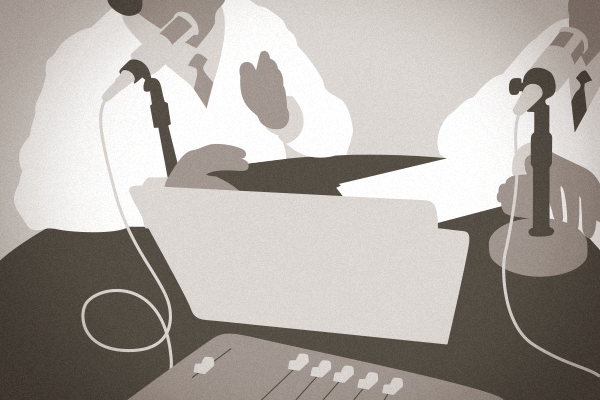As low as this blow is, it seems almost destined. Wellmark Blue Cross Blue Shield has launched three ads that tell people to skip Healthcare.gov and visit their website instead. And what’s there reasoning? Because Wellmark Blue Cross Blue Shield’s site actually works.
Chris Matyszczyk of CNET reported on this advertising development (and included his own personal insurance woes). He writes, “Somehow, though, there’s always this nagging feeling with insurance companies — and, indeed, with the whole health industry — that the drive for a buck (with the frequent assistance of technology) is often at the expense of its customers’ mental, as well as financial, health.”
